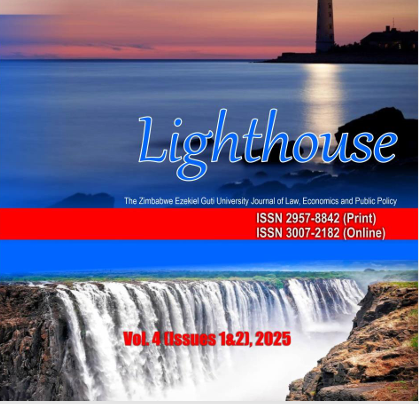Zimbabwean Retirement Age Policy: Implications and Lessons
DOI:
https://doi.org/10.71458/66nyr883Keywords:
ageing, unemployment, welfare state, lifelong learning, life expectancy, social securityAbstract
The article is based on a study that explores the retirement age policy along the lines of meaning, lessons and the impacts on youths‘unemployment. Retirement age policy has been increased around the world with countries realising the impacts of the ageing of populations due to the increase in life expectancy and better health outcomes. The ageing of populations has been viewed as a threat to social security with countries fearing the creation of welfare states. This can overburden the working population as the retirement age is increased. The problem that arises from the policy of increasing retirement age requirements is that it creates unemployment problems for the youths in developing countries which are already failing to create employment. The research uses a qualitative research methodology, with a case study research design. The research uses secondary information as a data collection method. The research uses thematic data analysis to analyse the findings of the study. The study concludes that policy has been crafted to reduce the chance of the creation of a welfare state that overburdens the working population. However, this creates problems for youth employment. The study recommends the creation of employment for the youths while accommodating elderly workforce to reduce overburdening the social security.




